Best Seasons for Foundation Repairs
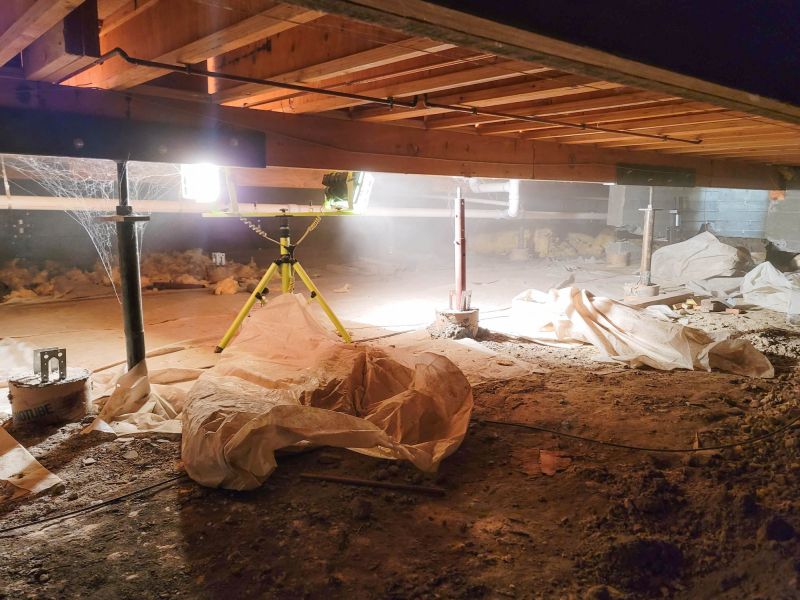
Ways to make Foundation Repairs work in tight or awkward layouts.
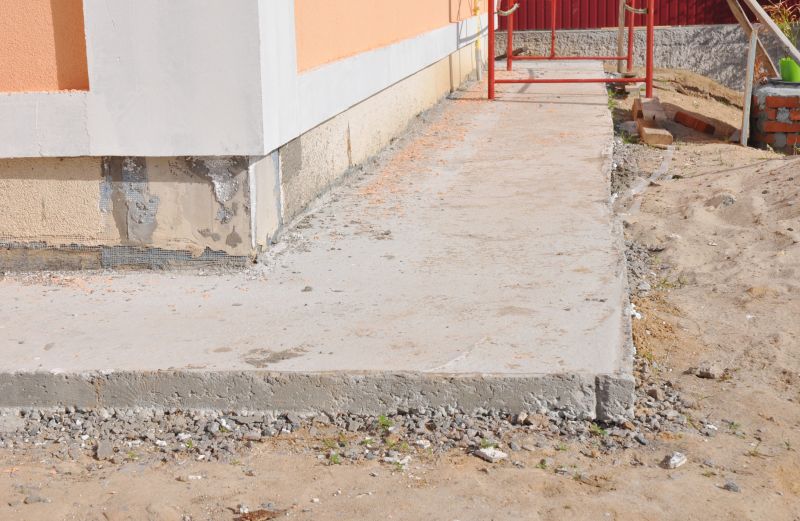
Popular materials for Foundation Repairs and why they hold up over time.
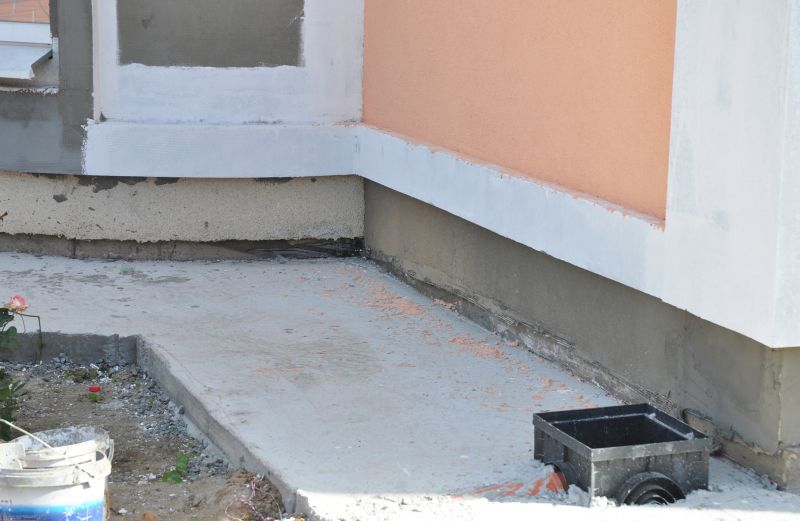
Simple add-ons that improve Foundation Repairs without blowing the budget.
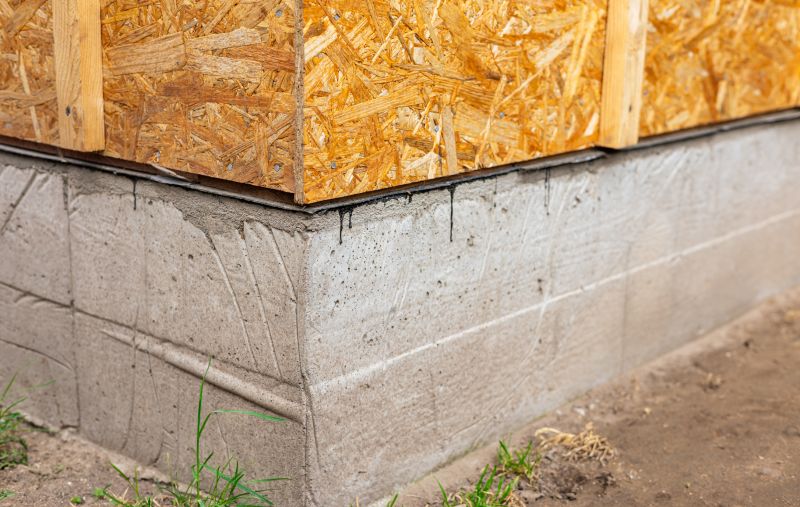
High-end options that actually feel worth it for Foundation Repairs.
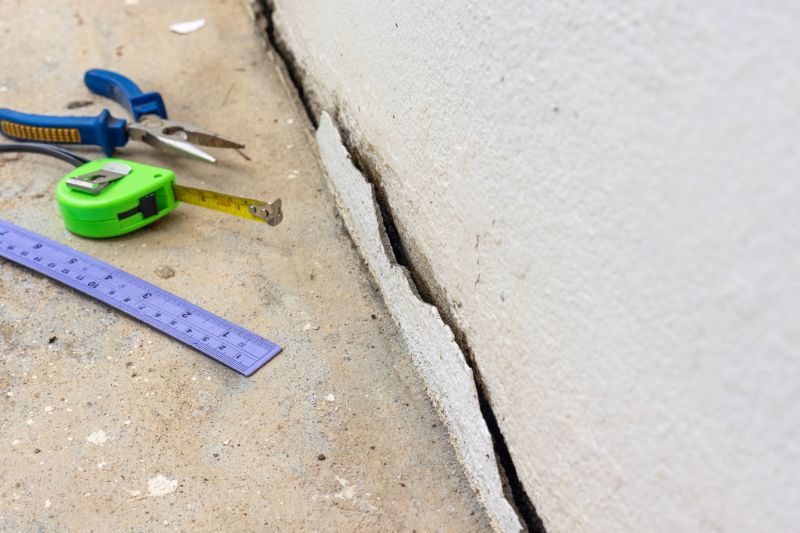
Finishes and colors that play nicely with Foundation Repairs.
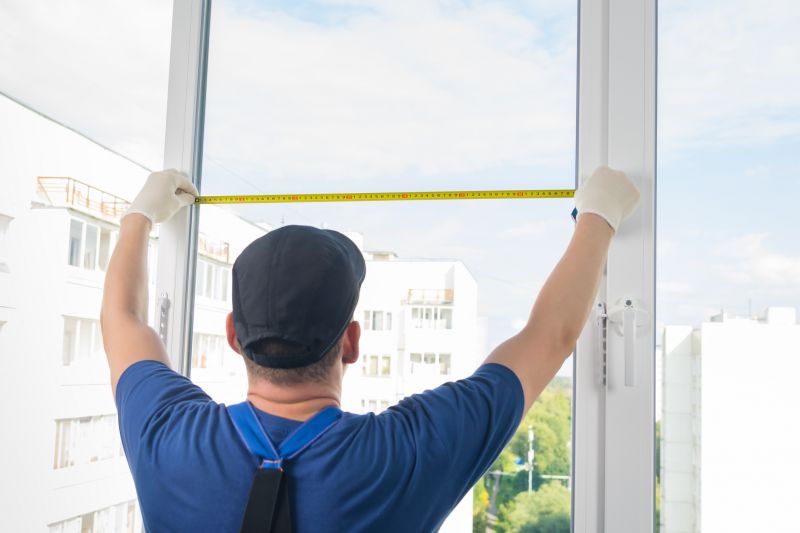
Little measurements that prevent headaches on Foundation Repairs day.
Foundation repairs are most effectively performed under specific conditions to ensure safety, durability, and cost efficiency. The optimal time for repairs typically depends on weather patterns, soil conditions, and the severity of foundation issues. Cooler, dry months often provide the best environment for excavation and structural work, minimizing delays caused by rain or extreme heat. Conducting repairs during these periods can also reduce the risk of soil movement that may worsen existing foundation problems.
Statistically, foundation issues are more prevalent during seasons with significant soil expansion and contraction, such as spring and fall. These fluctuations can exacerbate cracks and settlement problems. Therefore, scheduling repairs during late summer or early fall, when soil moisture levels are more stable, can lead to better outcomes. Proper timing can prevent further damage and extend the lifespan of the foundation.
Spring often brings increased rainfall, which can complicate foundation repair work. However, early spring before soil saturation can be suitable for certain repairs.
Dry summer months provide stable soil conditions, making it an ideal time for foundation work with minimal weather-related disruptions.
Late summer and fall offer cooler temperatures and stable soil moisture, reducing the risk of soil movement and enhancing repair longevity.
Winter typically presents cold and frozen ground, which can hinder excavation and curing processes. Repairs are generally less recommended during this period.
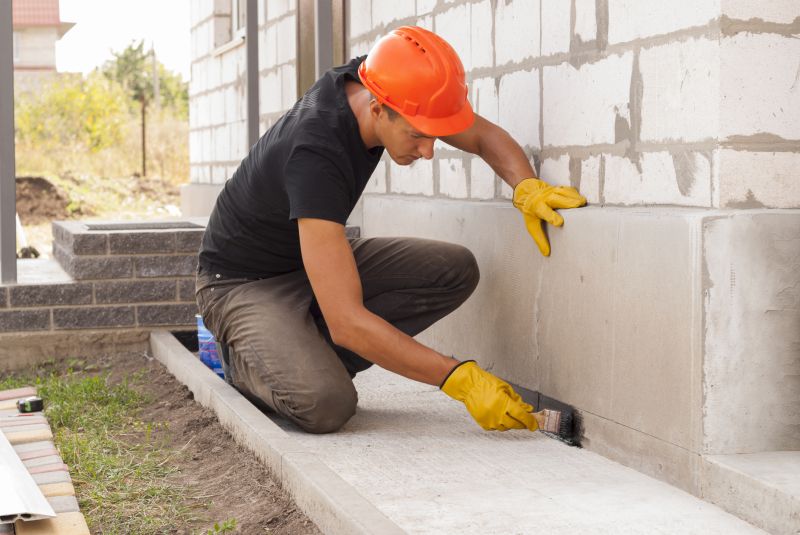
A 60-second routine that keeps Foundation Repairs looking new.
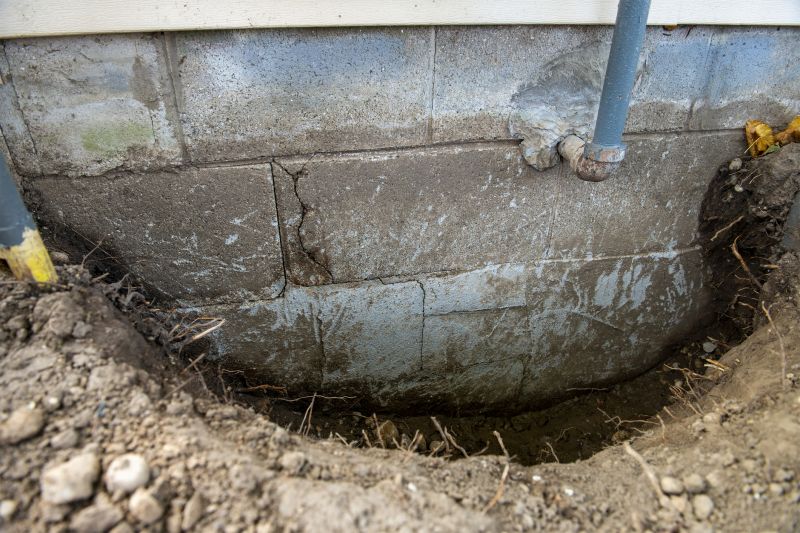
A frequent mistake in Foundation Repairs and how to dodge it.

Small tweaks to make Foundation Repairs safer and easier to use.
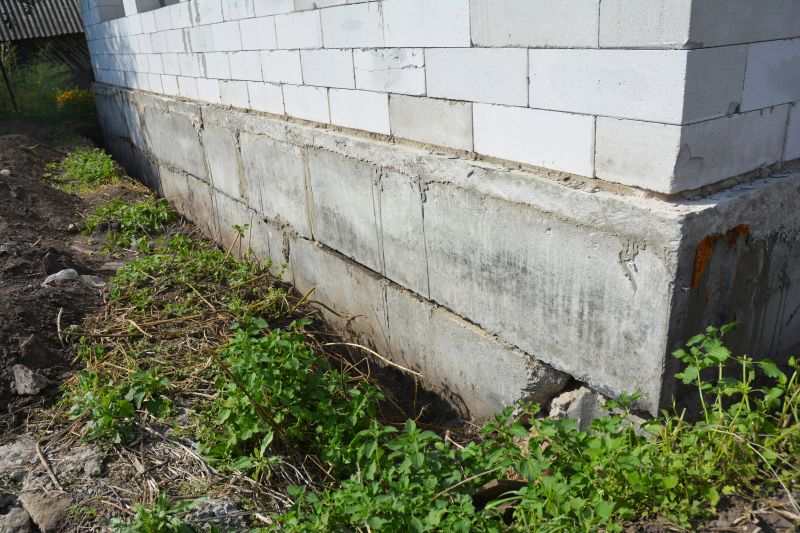
Lower-waste or water-saving choices for Foundation Repairs.
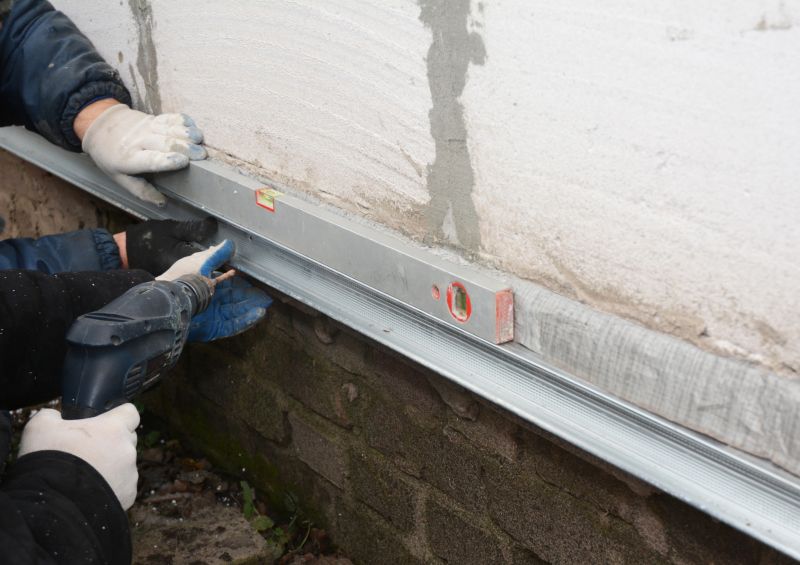
The short, realistic tool list for quality Foundation Repairs.
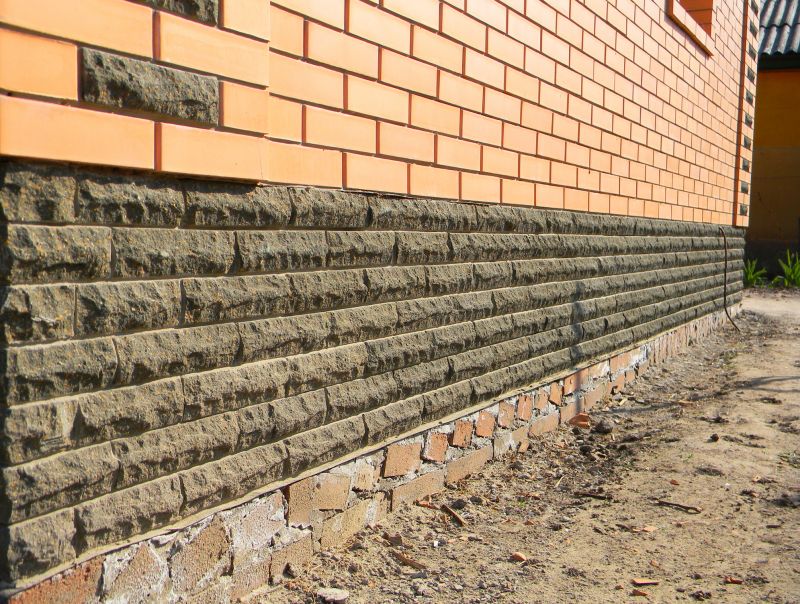
Rough timing from prep to clean-up for Foundation Repairs.
| Season | Optimal Conditions |
|---|---|
| Spring | Potential for increased soil movement due to rain, best before saturation. |
| Summer | Stable soil moisture, ideal for excavation and structural work. |
| Fall | Cooler temperatures and stable soil, suitable for repairs. |
| Winter | Cold and frozen ground, generally not recommended. |
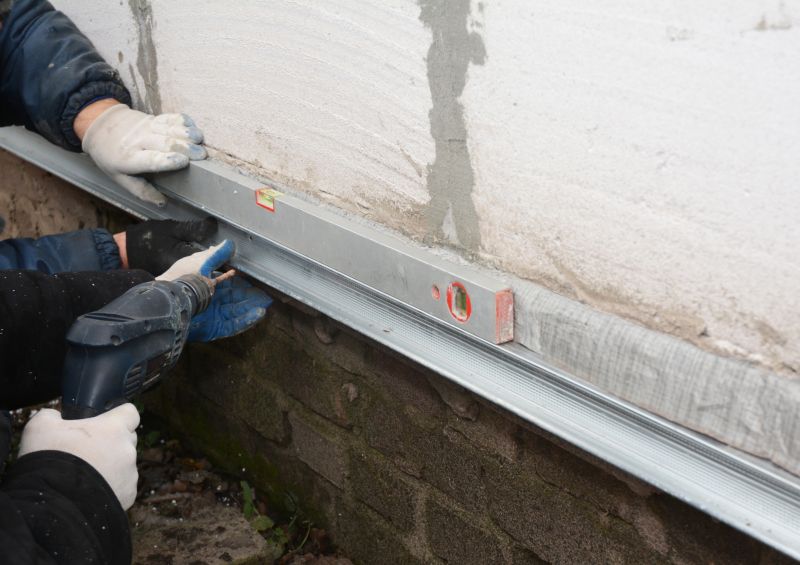
Quick checks and paperwork to keep after Foundation Repairs.
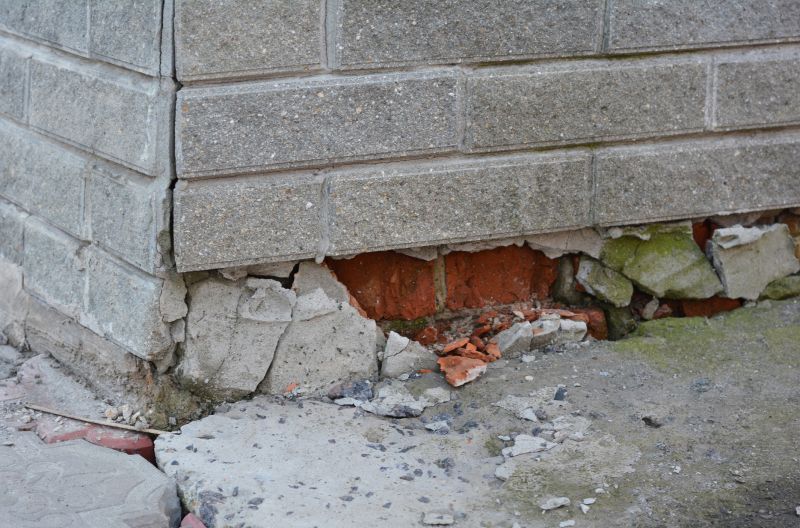
Examples that show the impact a good Foundation Repairs can make.
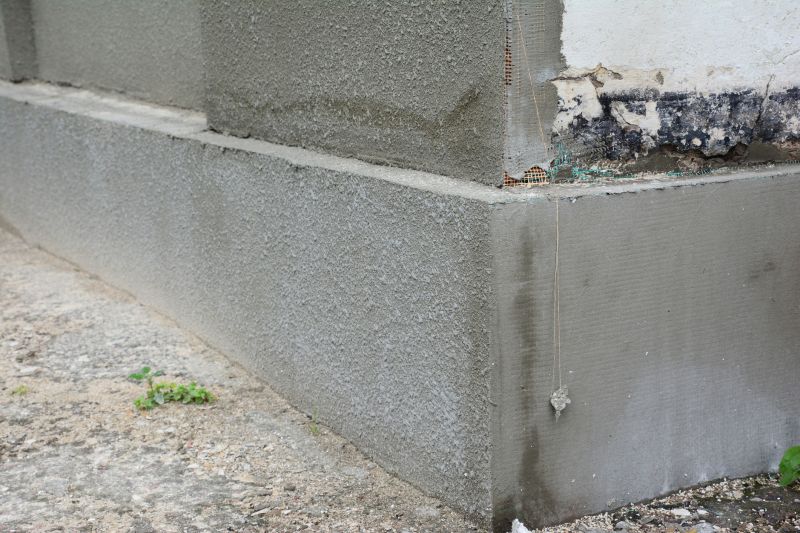
Ways to make Foundation Repairs work in tight or awkward layouts.
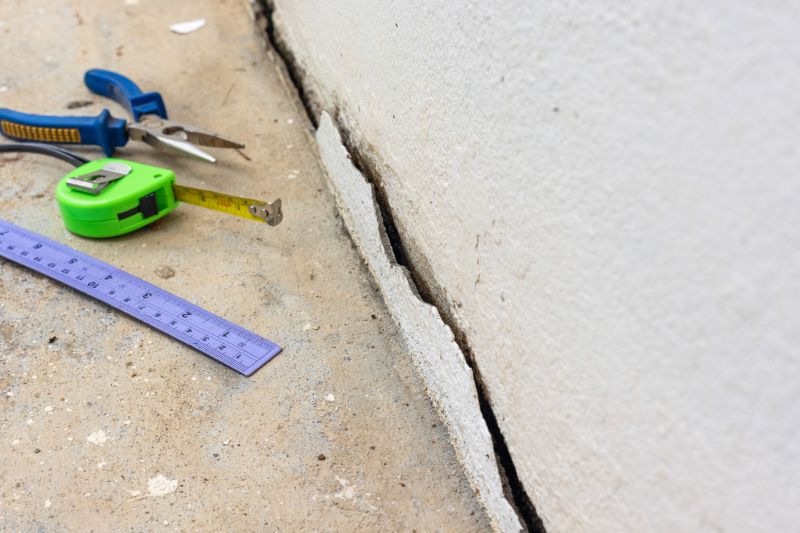
Ways to make Foundation Repairs work in tight or awkward layouts.
Interested in foundation repairs? Filling out the contact form can provide access to professional assessments and tailored solutions to address foundation concerns effectively.


